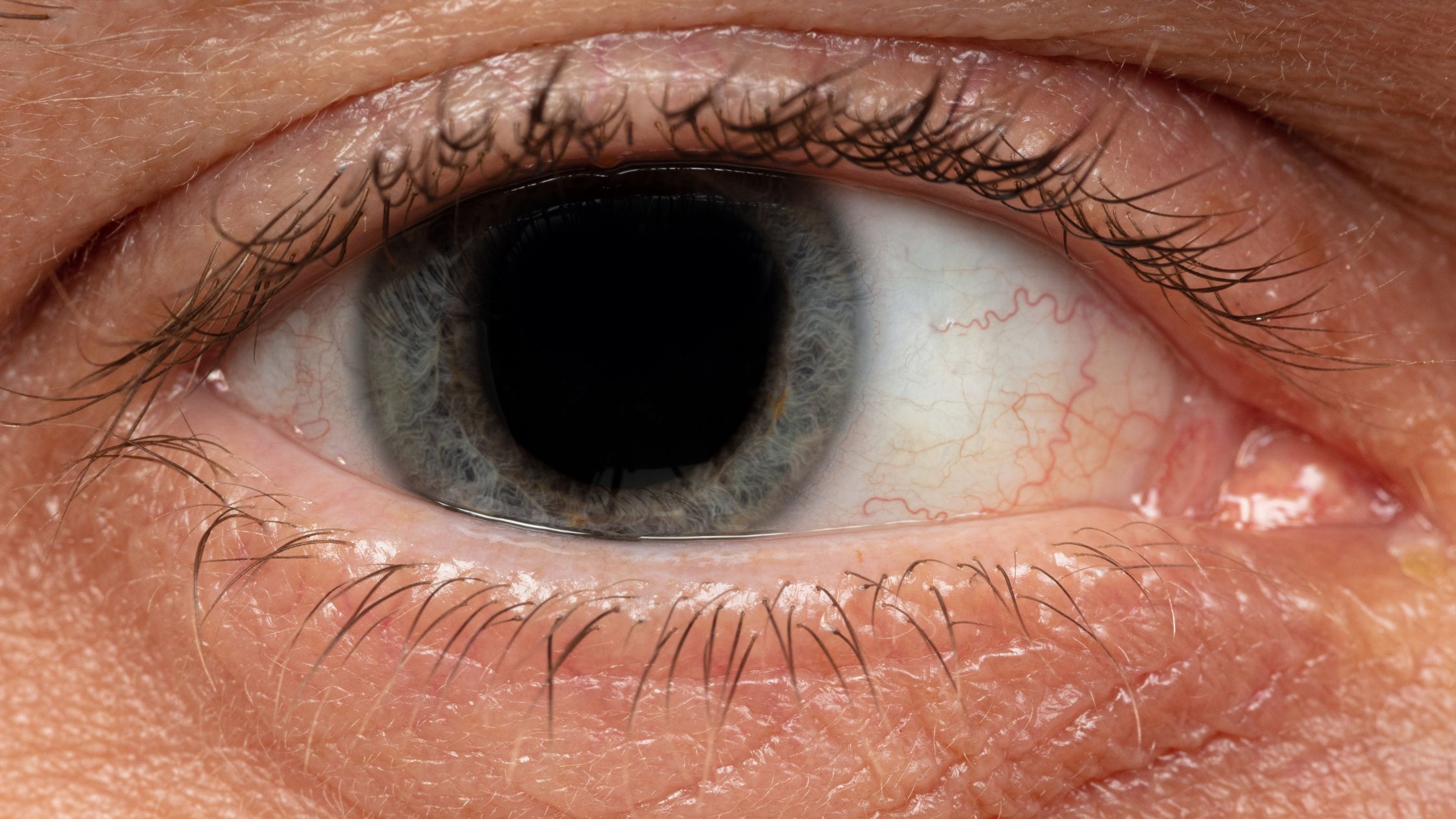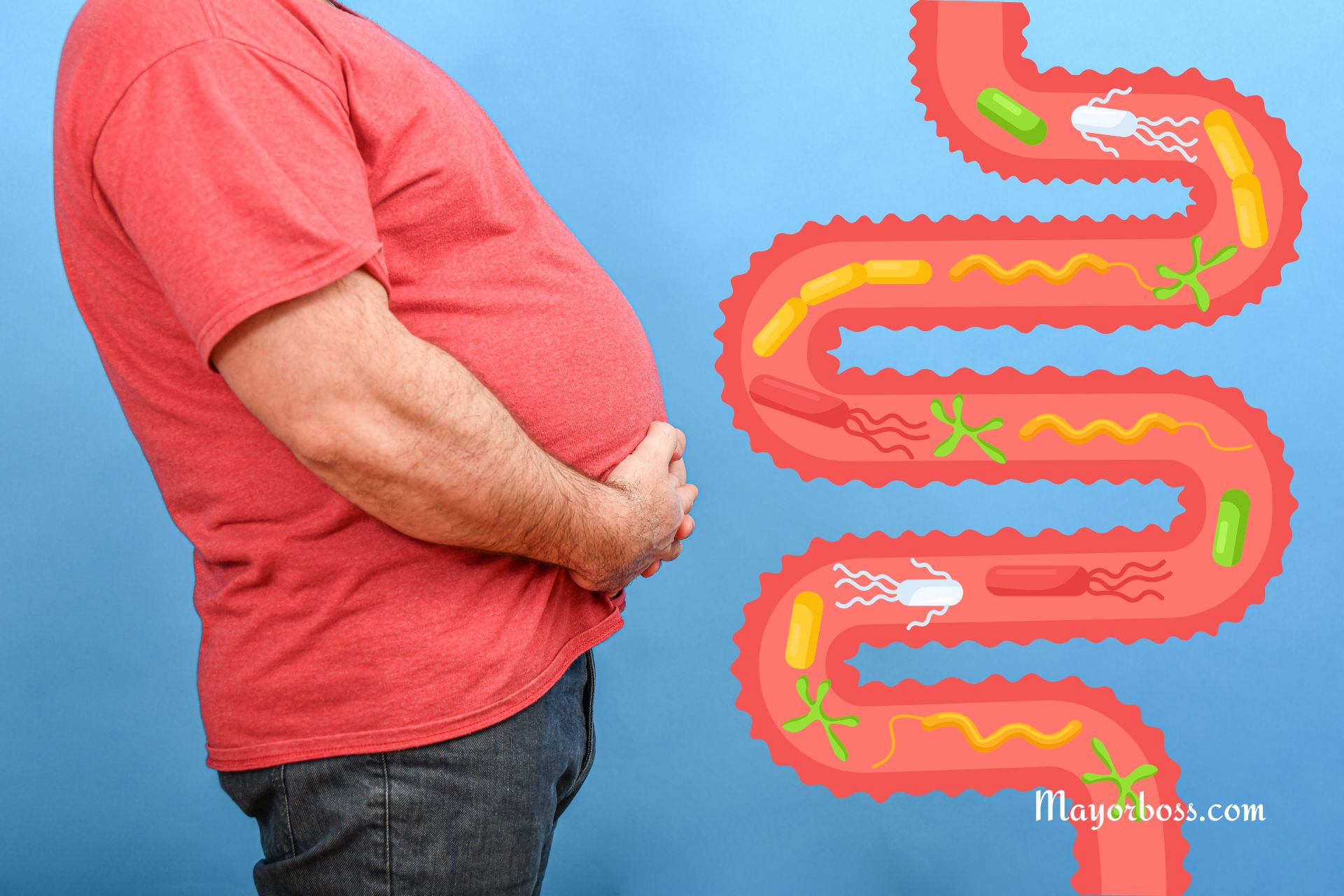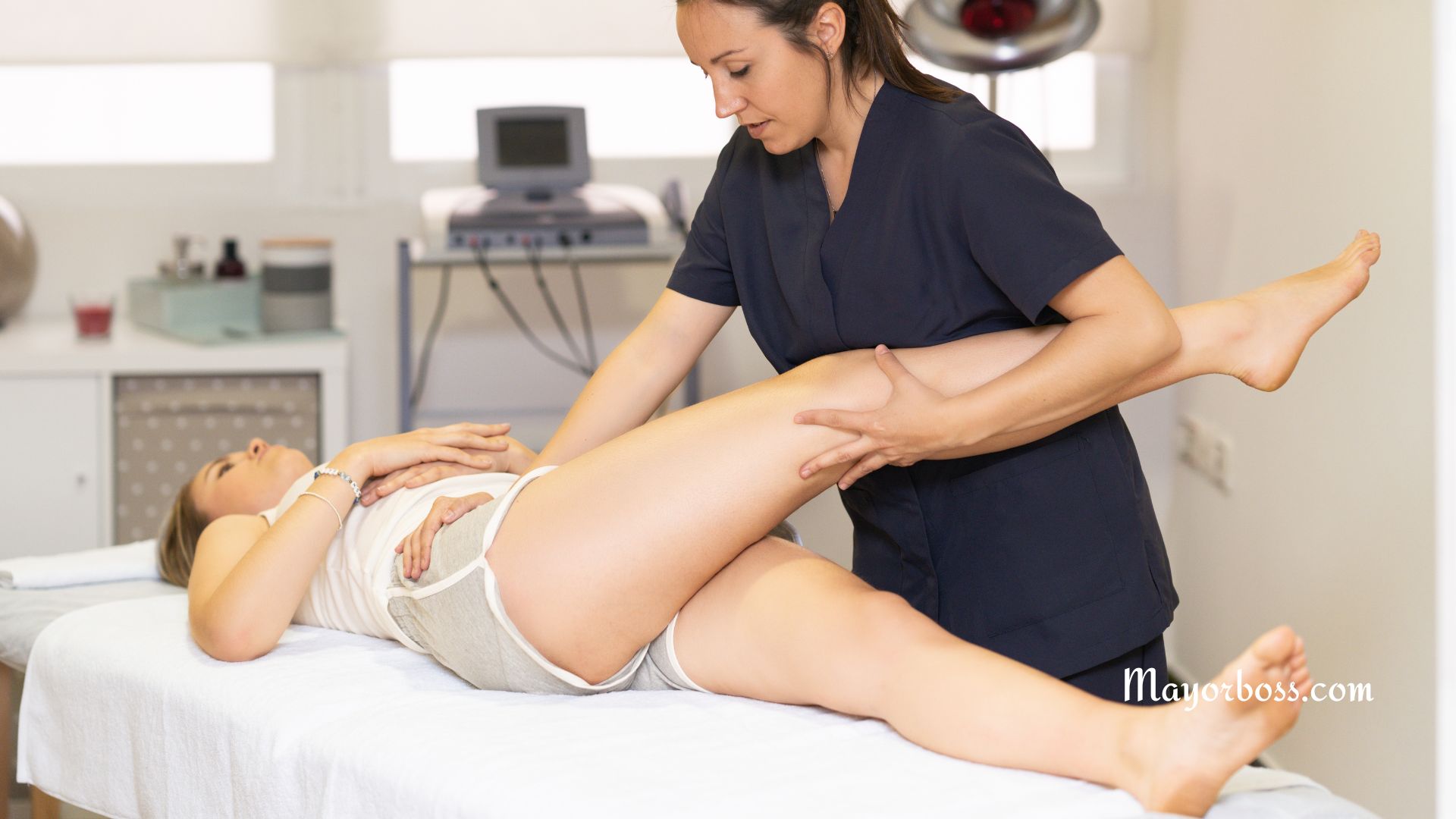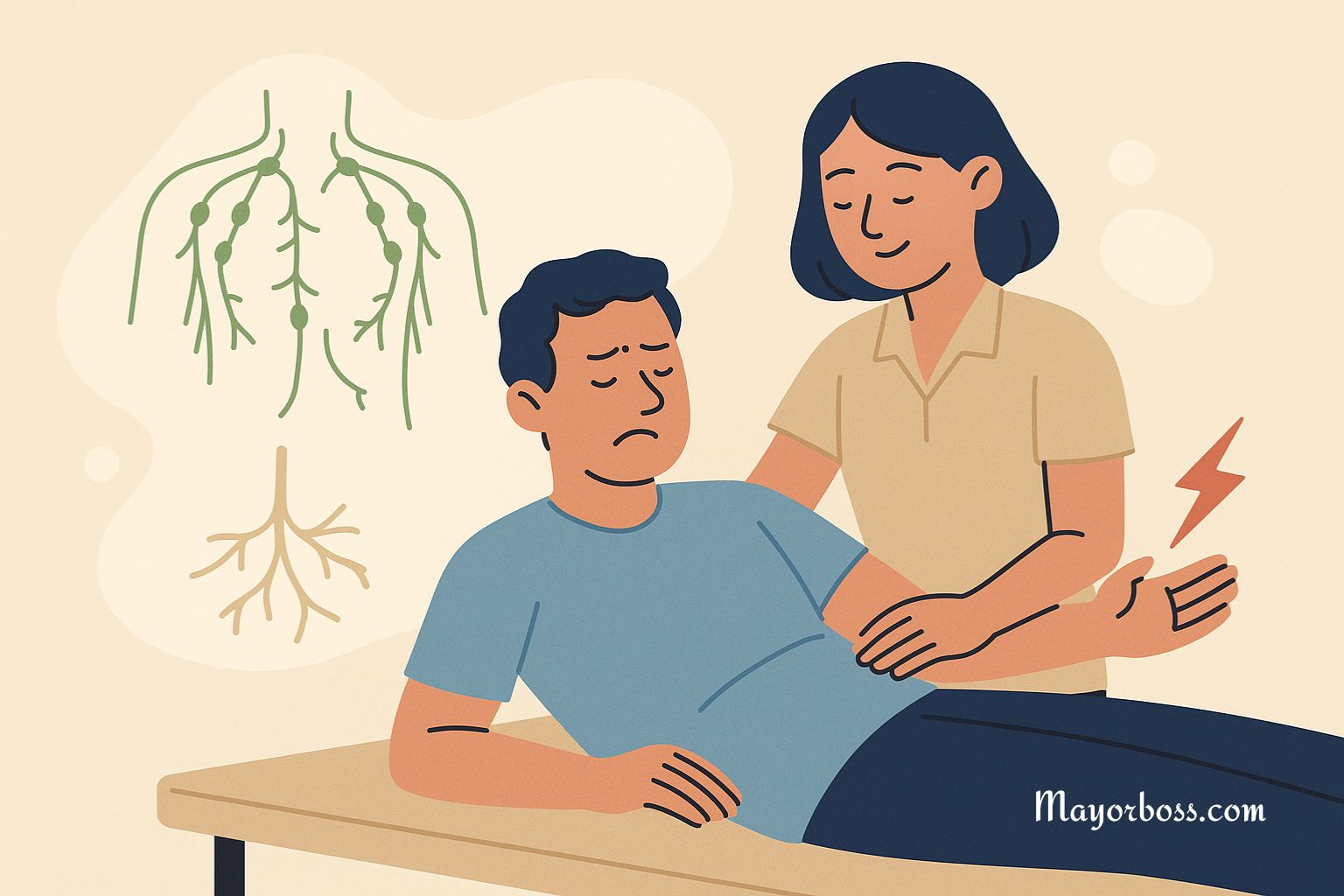Should You Take Regular Breaks from Coffee?
Let’s be honest. Coffee has a way of sneaking into your daily routine. It fuels your morning, powers through your afternoon, and might even be your companion during late-night work sessions. Whether you’re the type who savors each sip or guzzles it down for a quick energy boost, you’re not alone. Most people depend on their coffee to jumpstart the day. But is it time to rethink that relationship?
Should you take regular breaks from coffee? It’s a valid question, and you might be surprised by how beneficial a little coffee hiatus can be for your body and mind.

Coffee Can Be Amazing, but It’s Not Perfect
Coffee has its perks (pun intended), no doubt. It contains antioxidants, improves focus, and boosts energy levels. The caffeine in coffee stimulates the central nervous system, which means you’re more alert, your memory might improve, and you feel less tired.
But here’s the thing: Just because something is good doesn’t mean more is always better. Your body can become dependent on caffeine, leading to what’s commonly referred to as a “tolerance” over time. Basically, what once gave you a strong energy boost may become less effective, prompting you to consume even more coffee to get the same results. This cycle can lead to a host of potential issues, from sleep disturbances to increased anxiety.
Drinking Coffee Every Day Can Impact Your Sleep and Stress Levels
Caffeine is a powerful stimulant, and drinking coffee later in the day can make it harder for your body to wind down. It can mess with your circadian rhythm, which is your body’s internal clock that tells you when it’s time to sleep. If you’ve ever found yourself tossing and turning at night after a late-day cup of coffee, that’s your body’s response to caffeine overstaying its welcome.
In addition to sleep problems, consuming too much caffeine can increase feelings of stress and anxiety. According to research, caffeine can elevate your heart rate and cause the release of stress hormones like cortisol. This can create a cycle where you feel jittery or anxious, especially if you’re already prone to stress.
Your Body Gets Used to Caffeine—That’s Why You Build Tolerance
If you rely on coffee to get through your day, it’s possible you’ve built up a tolerance to caffeine. And when that happens, the effects of your morning cup are dulled. That’s why some people find themselves reaching for a second, third, or even fourth cup just to feel awake.
Tolerance is a sign that your body is adapting to caffeine and no longer responds as strongly. While this might sound like a mild inconvenience, it can have more profound effects on how your body functions overall. Caffeine tolerance can impact your energy levels, cognitive function, and even your metabolism.
Taking Breaks from Coffee Can Help Reset Your Caffeine Tolerance
Unsurprisingly, taking regular breaks from coffee can help your body reset its tolerance to caffeine. When you go without coffee for a week or two, your body becomes more sensitive to caffeine again, meaning you’ll likely feel more of its stimulating effects once you start drinking it again.
But here’s where things get tricky: If you’re someone who drinks a lot of coffee, going cold turkey can result in withdrawal symptoms. These can include headaches, fatigue, irritability, and trouble concentrating. The symptoms usually peak within the first two days and subside after about a week. So, it’s not impossible to take a break, but you might want to ease into it by gradually reducing your intake instead of quitting all at once.
Your Digestive System Could Use a Break Too
Coffee is acidic, which can irritate your digestive system over time, especially if you drink it on an empty stomach. Some people develop acid reflux or heartburn due to the acid content in coffee. If you notice any digestive issues after a few cups of coffee, that’s your body signaling it might need a break.
Taking a break from coffee can help alleviate these digestive symptoms, giving your stomach and esophagus a chance to recover from prolonged exposure to coffee’s acidity.
You’ll Learn More About How Your Body Functions Without Caffeine
Regularly taking breaks from coffee offers a unique opportunity to evaluate your natural energy levels. You may discover that your body can function quite well without the regular influx of caffeine. It’s not unusual for people to report feeling more even-keeled throughout the day without the highs and lows that caffeine can cause.
When you rely on caffeine, it’s easy to miss the signs your body is trying to send you about your natural energy levels, stress, and overall well-being. Taking a break can help you tune back into those signals.
What to Expect When You Cut Back on Coffee
If you’ve decided it’s time to reduce your coffee intake, here’s what you can expect. The first few days might be tough—headaches, fatigue, and mood swings are common withdrawal symptoms as your body adjusts to life without caffeine. But after a week or so, you’ll likely notice some positive changes.
You might find that your sleep improves, your anxiety decreases, and your natural energy levels become more consistent. Plus, when you do eventually return to drinking coffee, you’ll probably feel its effects more strongly again since your tolerance will have reset.
How to Take a Break from Coffee Without Feeling Awful
If you want to give your body a caffeine break, it’s essential to do it in a way that minimizes withdrawal symptoms. Here’s how:
- Gradually reduce your coffee intake. Instead of going cold turkey, start by cutting back a little each day. You could begin by reducing the number of cups you drink or by diluting your coffee with more water or milk.
- Switch to lower-caffeine beverages. Try drinking green tea, which has a lower caffeine content than coffee but still provides a gentle boost of energy. Herbal teas are also a great option if you want something completely caffeine-free.
- Stay hydrated. Caffeine is a diuretic, which means it can make you lose more water. When you cut back on coffee, make sure you’re drinking plenty of water to stay hydrated.
- Get enough sleep. One of the reasons people rely so heavily on coffee is because they’re not getting enough sleep. By prioritizing your sleep hygiene, you’ll need less caffeine to function throughout the day.
- Plan your break during a low-stress time. If possible, schedule your coffee detox during a time when you don’t have many stressful events on your calendar. This can help make the process smoother and less daunting.
Coffee Isn’t Bad, but Balance Is Important
Taking regular breaks from coffee doesn’t mean you have to give it up forever. It’s about balance. Coffee can be a fantastic addition to your routine, but it’s easy to overdo it without realizing it. In other words, by taking periodic breaks, you give your body a chance to reset and avoid building up a tolerance to caffeine.
Plus, a little time away from coffee can help you better understand how it affects your body, whether it’s your sleep, your digestion, or your stress levels. And when you do return to your coffee habit, you’ll likely enjoy it more and need less of it to feel the benefits.






